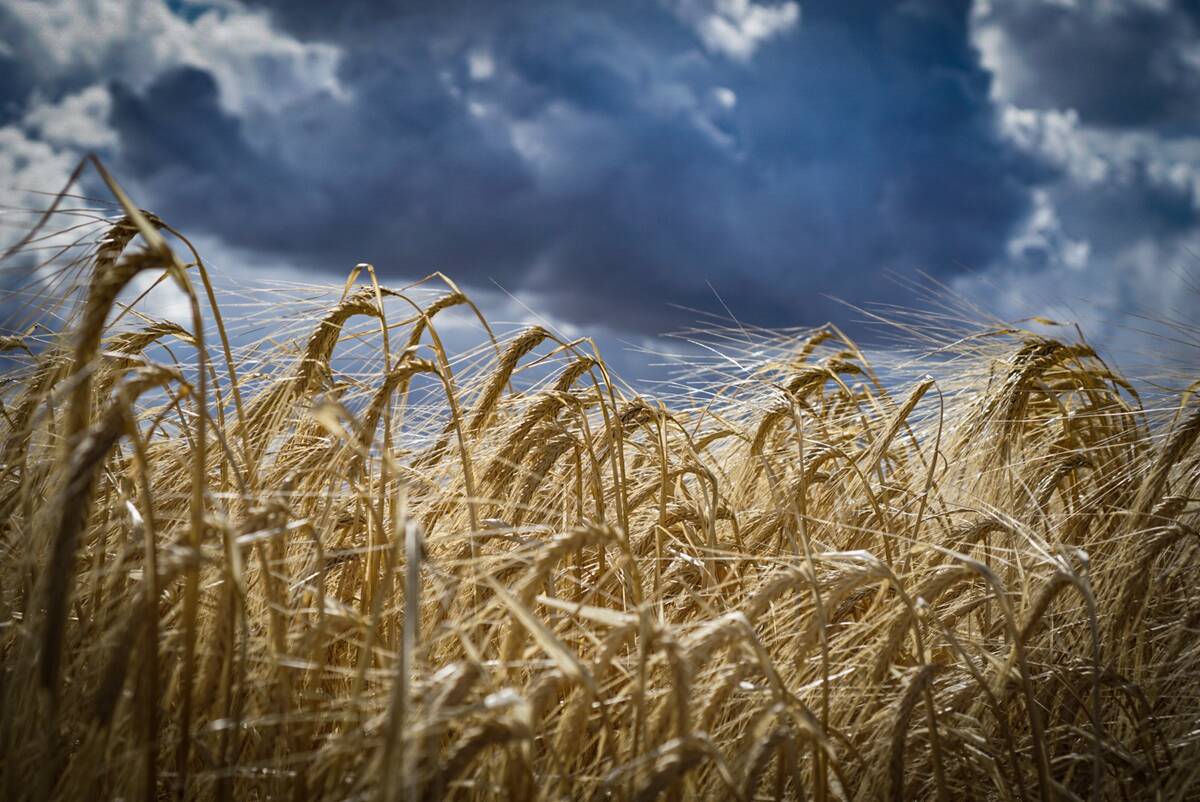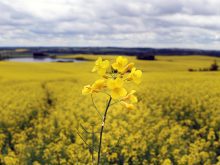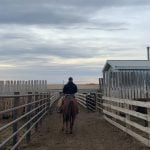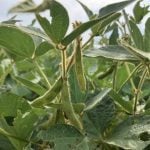New nesting habits for turkey vultures in abandoned farm buildings could lead to a greater range and increased numbers for the giant scavenger birds.
Long-time bird enthusiast Stuart Houston of Saskatoon called it a major change in North American wildlife.
“It’s nice to have a few successes, even though we had nothing to do with it,” he said. “They taught themselves that the attics of deserted houses make very safe nesting places for them.”
Typically they have nested on the floor of caves in June and July, where they risk being eaten by predators like coyotes.
Read Also

Malting barley exporters target Mexican market
Canada’s barley sector is setting its sights on the Mexican market to help mop up some of the lost demand from China
One vulture pair produces two young a year, with each one living as long as 30 years.
The change in nesting habits was first observed 30 years ago in Illinois and within the last 15 years on the Canadian Prairies.
Closely related to condors and storks, turkey vultures possess a strong sense of smell that helps them find and clean up carcasses in remote bush areas, northern lakes and river valleys where they live.
The two kilogram adult, with a wingspan of up to two metres, migrates in flocks of 10,000 to 20,000 as far south as Florida.
“They are beautiful flyers,” said Houston, who noted they can glide between wing flaps as long as 10 minutes.
“That’s the secret of how they can go long distances without food.”
Saskatoon birder Brent Terry plans to travel to California in June to learn how to do patagial tagging of the birds’ wings to track and learn more about them.
Leg bands, typically used in bird banding, can scrape the vulture’s legs and cause infections. The turkey vulture’s peculiar habit of defecating on its legs also makes leg banding impractical, Houston said.
“They live in grime and decay. They’re not fastidious,” said Houston.
Farmers with turkey vultures nesting in their outbuildings are asked to contact Houston at 244-0742.














